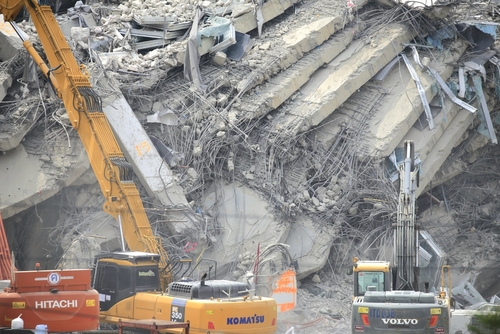Date: 8 September 2025
Category: Humanitarian Aid
A senior UN humanitarian official has urged swift international support for survivors of the magnitude 6 earthquake in eastern Afghanistan, warning that communities are fighting for basic survival and face a perilous winter without immediate assistance.
“We saw families whose lives had been shattered within minutes,” said Shannon O’Hara, Head of Strategy for OCHA in Afghanistan, speaking from Jalalabad. “Additional funding is urgently needed.”
Scale of Impact
- ~40,000 people affected across Nangarhar, Kunar and nearby provinces
- 5,000+ homes destroyed
- 49 villages reached so far by OCHA teams
- Access constraints: landslides, blocked one-lane mountain roads, and long on-foot approaches
Women and Children Bear the Brunt
Emergency responders are prioritizing women, children, and people with disabilities.
- 11,600 pregnant women are estimated to be affected (UNFPA)
- OCHA is deploying women health workers and expanding nutrition, psychosocial, and counseling services
Disease Risks Rising
Families are sheltering in tents or in the open, lacking clean water and sanitation.
- Cholera is endemic, and 92% of assessed communities are practicing open defecation
- Urgent scale-up of WASH (water, sanitation, hygiene) services is critical to avert outbreaks
Aid in Motion — But Not Enough Yet
- 43,000 people have received ready-to-eat meals; tents, blankets, and sanitation kits are being distributed
- OCHA has released $10 million for life-saving supplies and is finalizing an emergency response plan
- WHO has delivered ~80 metric tonnes of emergency health supplies to date, including trauma and surgery kits, PHC kits, NCD kits, and essential medicines, with 35+ metric tonnes landing in Kabul on Monday for onward dispatch to hardest-hit areas
Winter Threat and Access Constraints
Heavy rain could flood displacement sites; aftershocks may trigger new landslides; and snow will soon block vital roads.
“If we don’t act now, these communities may not survive the coming winter,” Ms. O’Hara warned.
Key Needs (Immediate)
- Shelter: durable tents, winterization kits, repair materials
- Health: trauma care, maternal health, NCD medications, mobile clinics
- WASH: safe water, latrines, cholera prevention, hygiene kits
- Food & NFIs: ready-to-eat rations, blankets, cooking sets
- Protection: services for women and children, psychosocial support
How Donors and Partners Can Help (Action Points)
- Front-load flexible funding to OCHA’s emergency plan and pooled funds
- Pre-position winter supplies before roads close
- Scale mobile health/WASH teams to high-risk valleys
- Support women-led delivery to ensure equitable access
- Back logistics corridors (road clearance, fuel, local transport)




